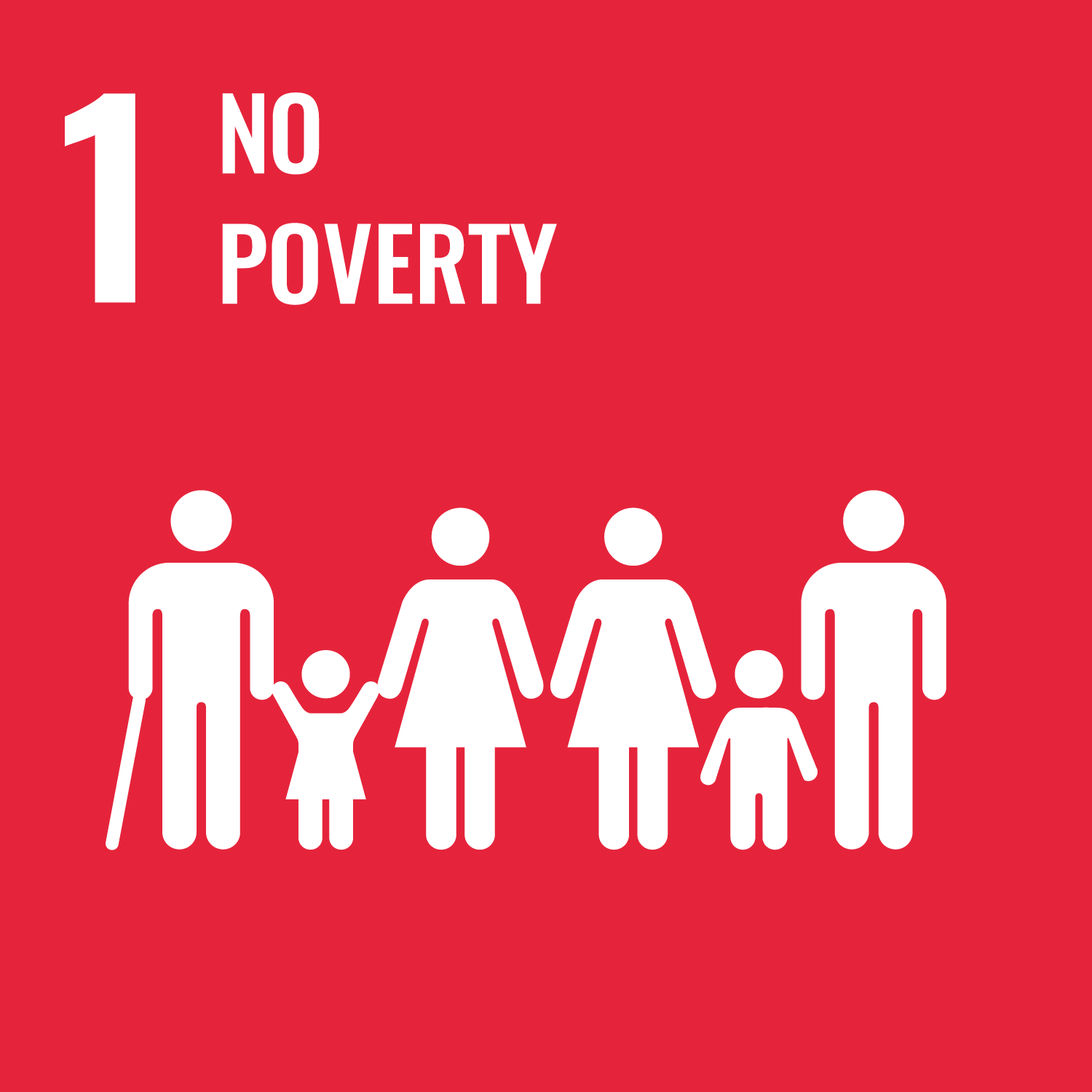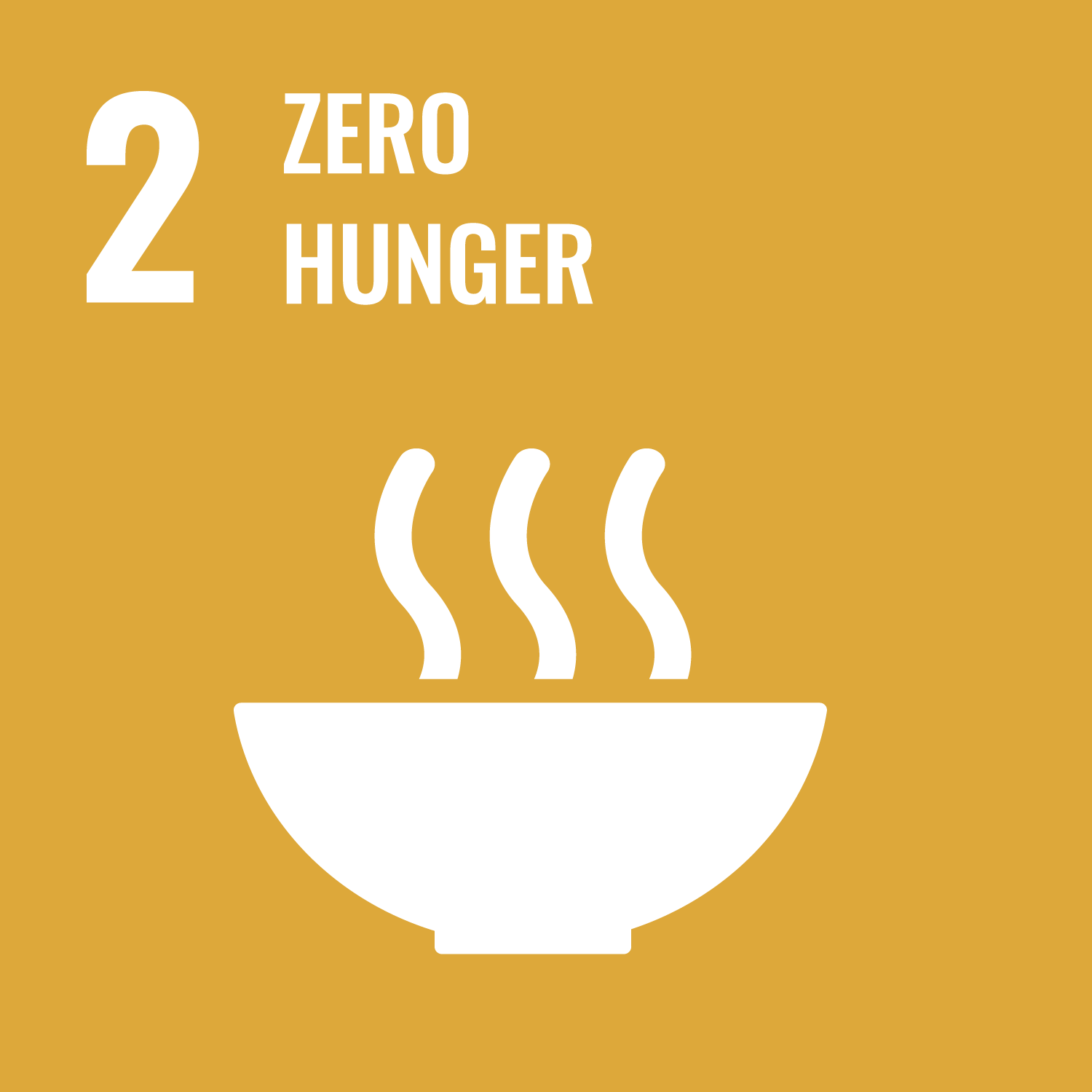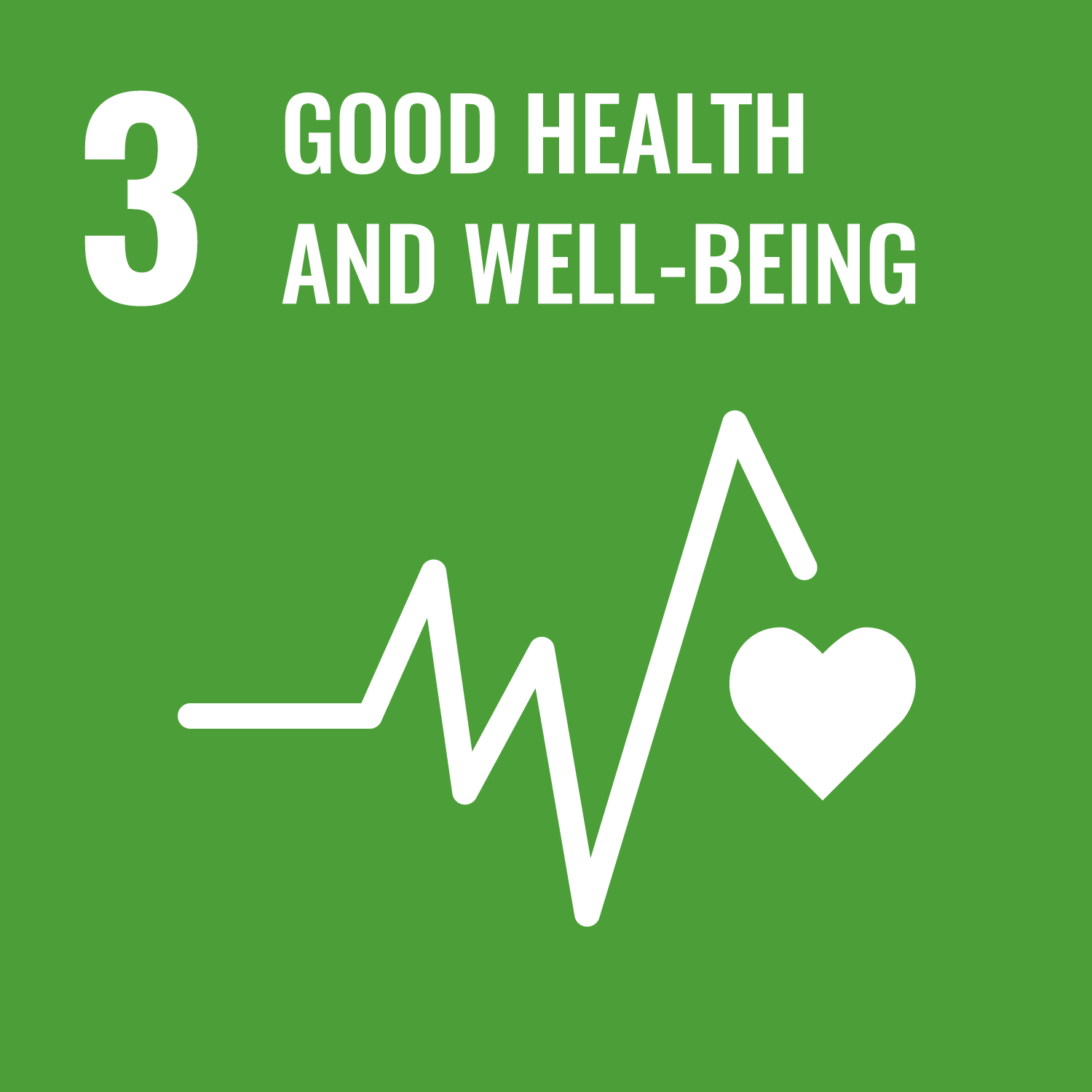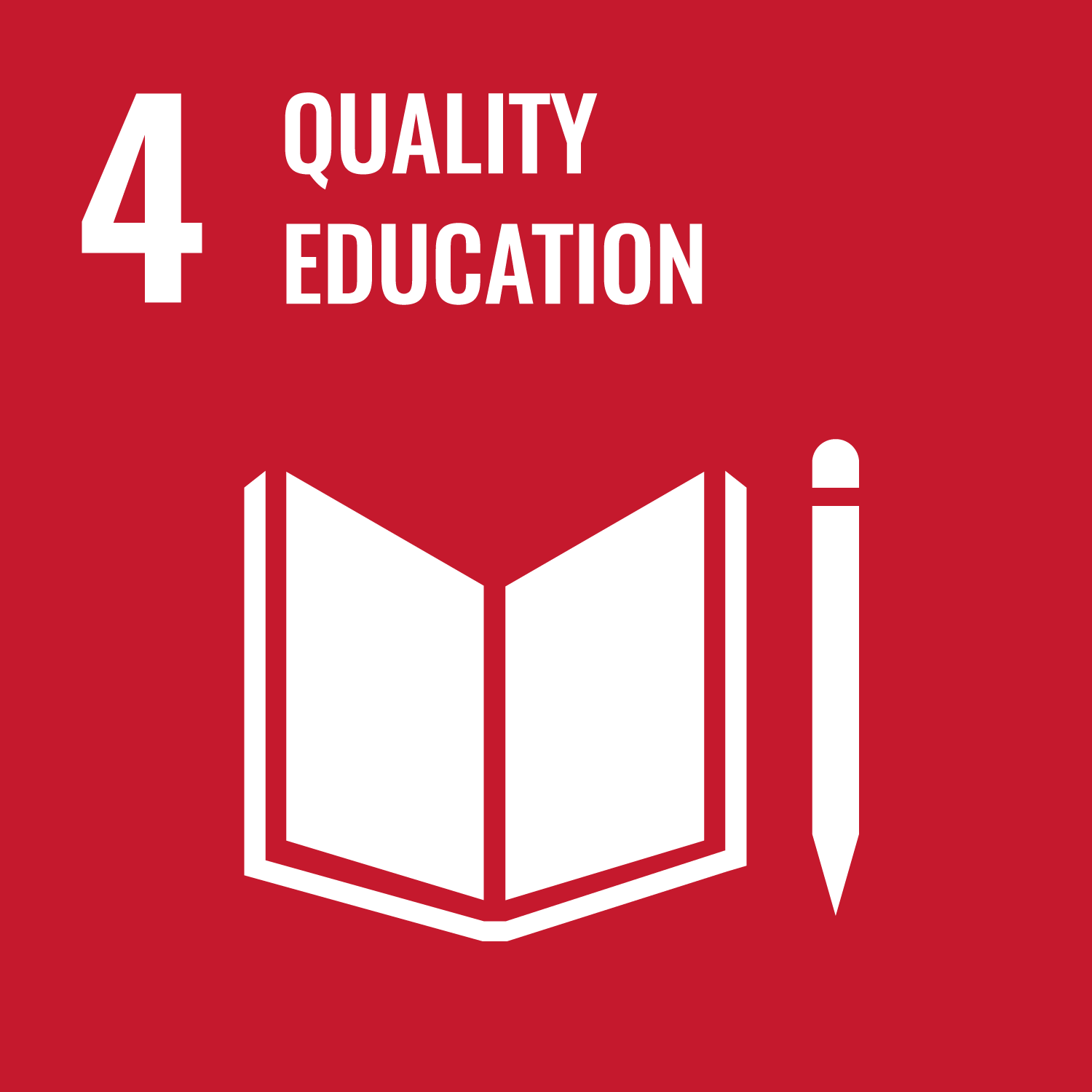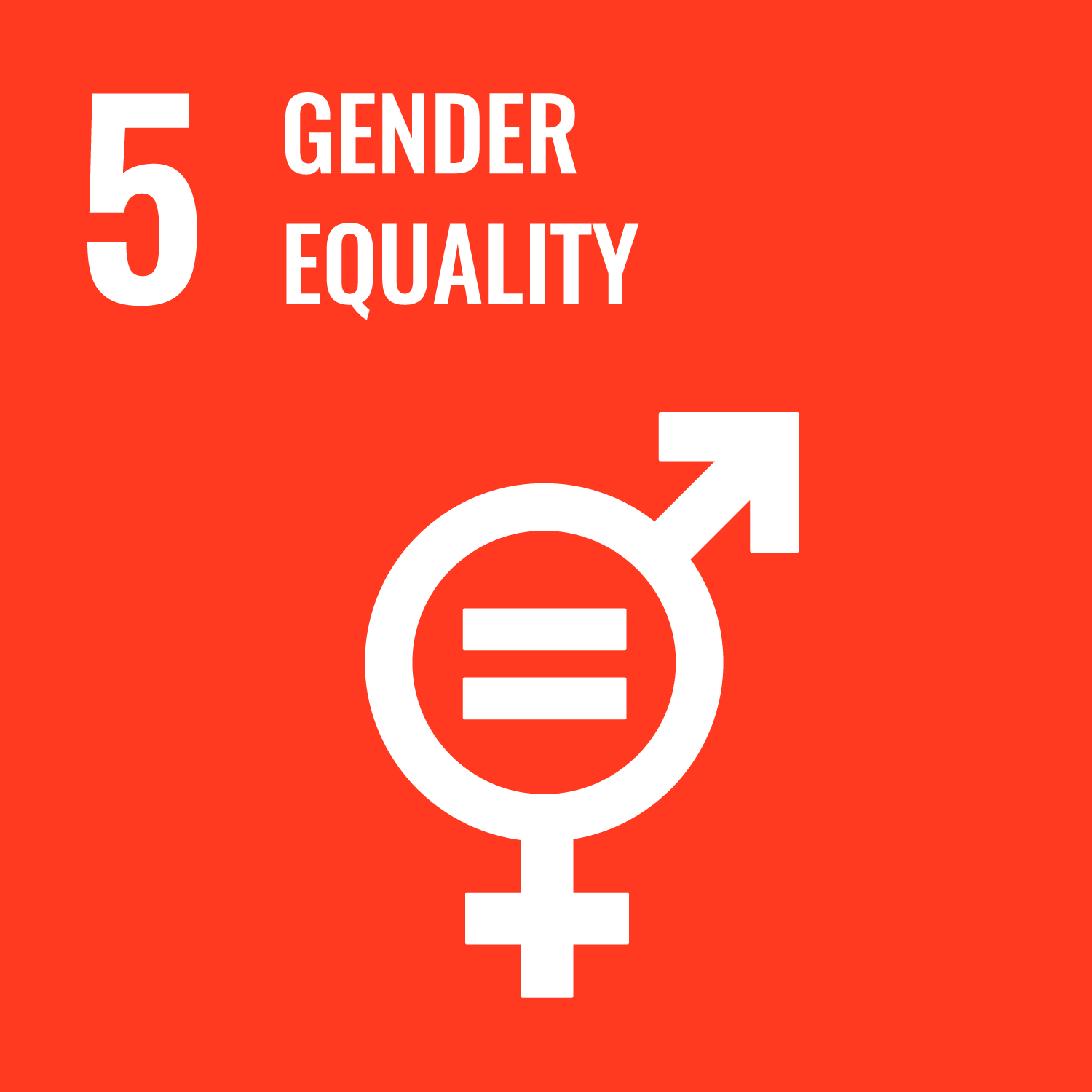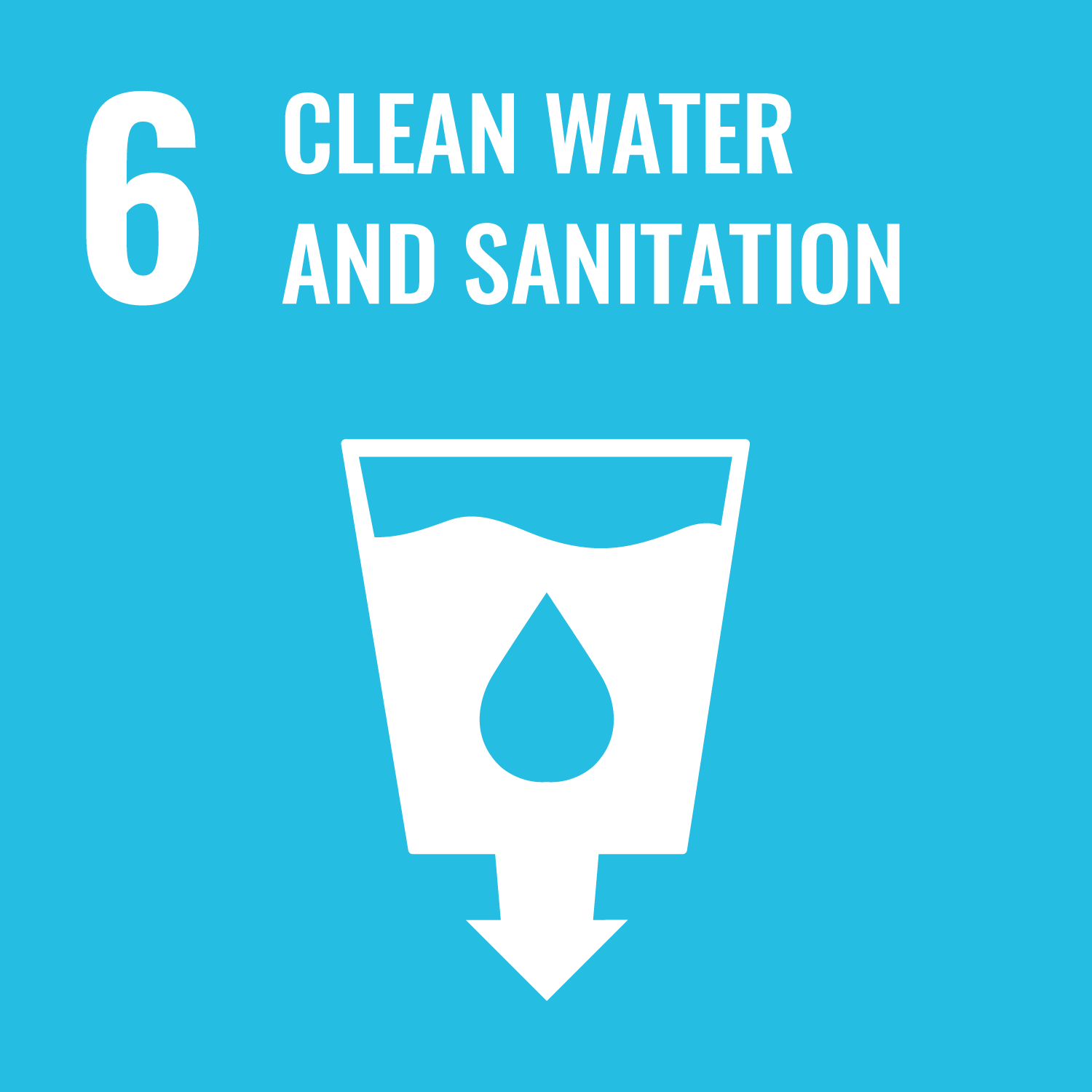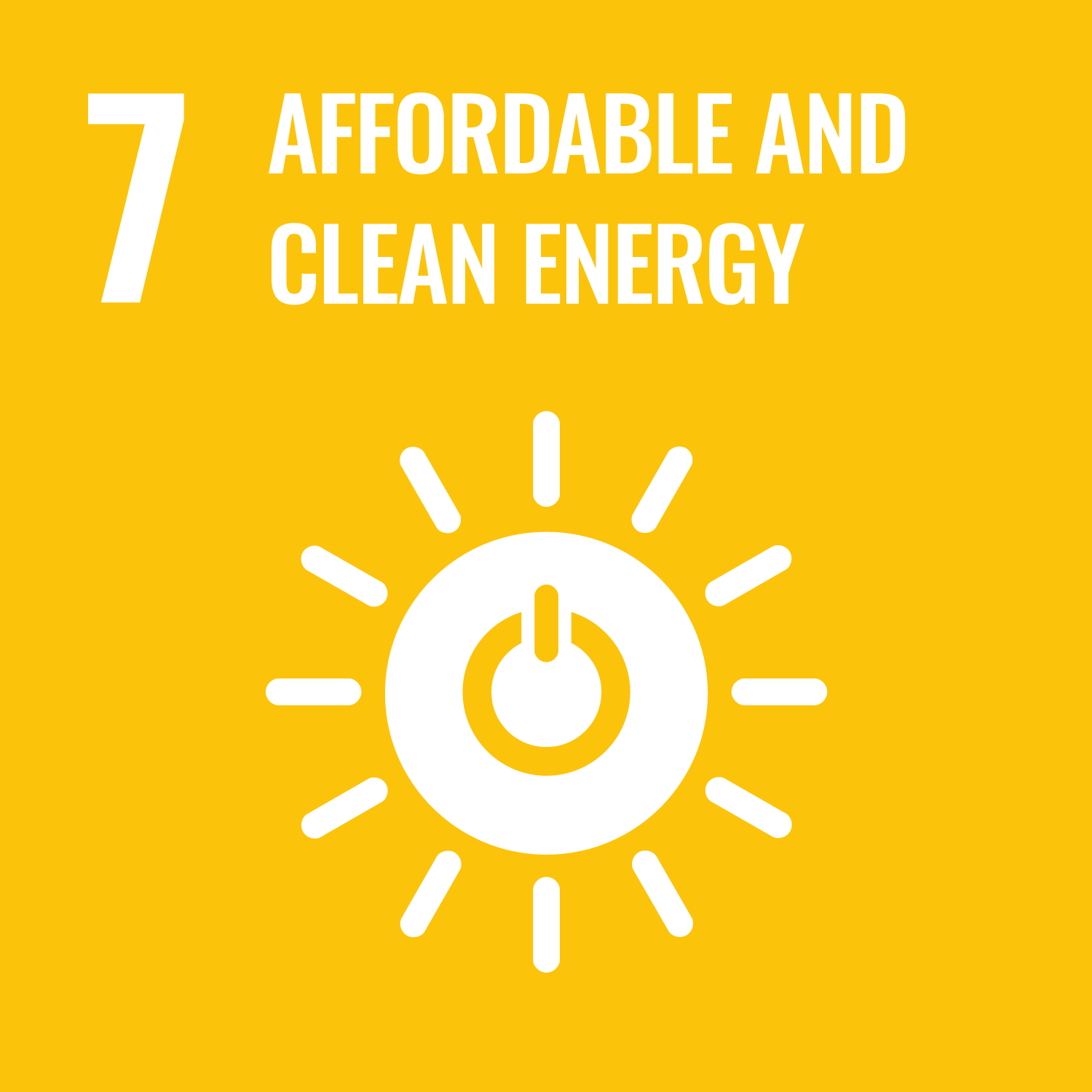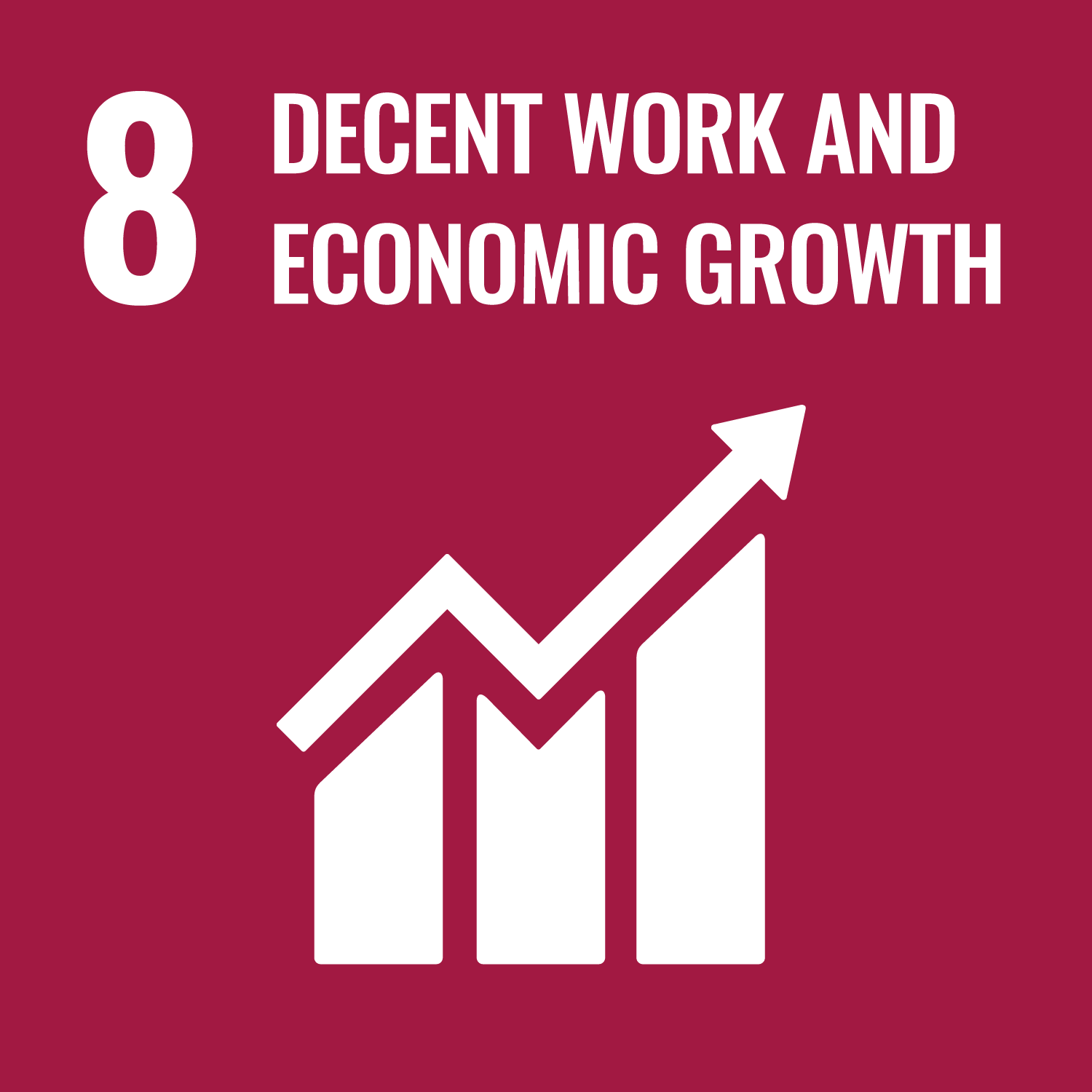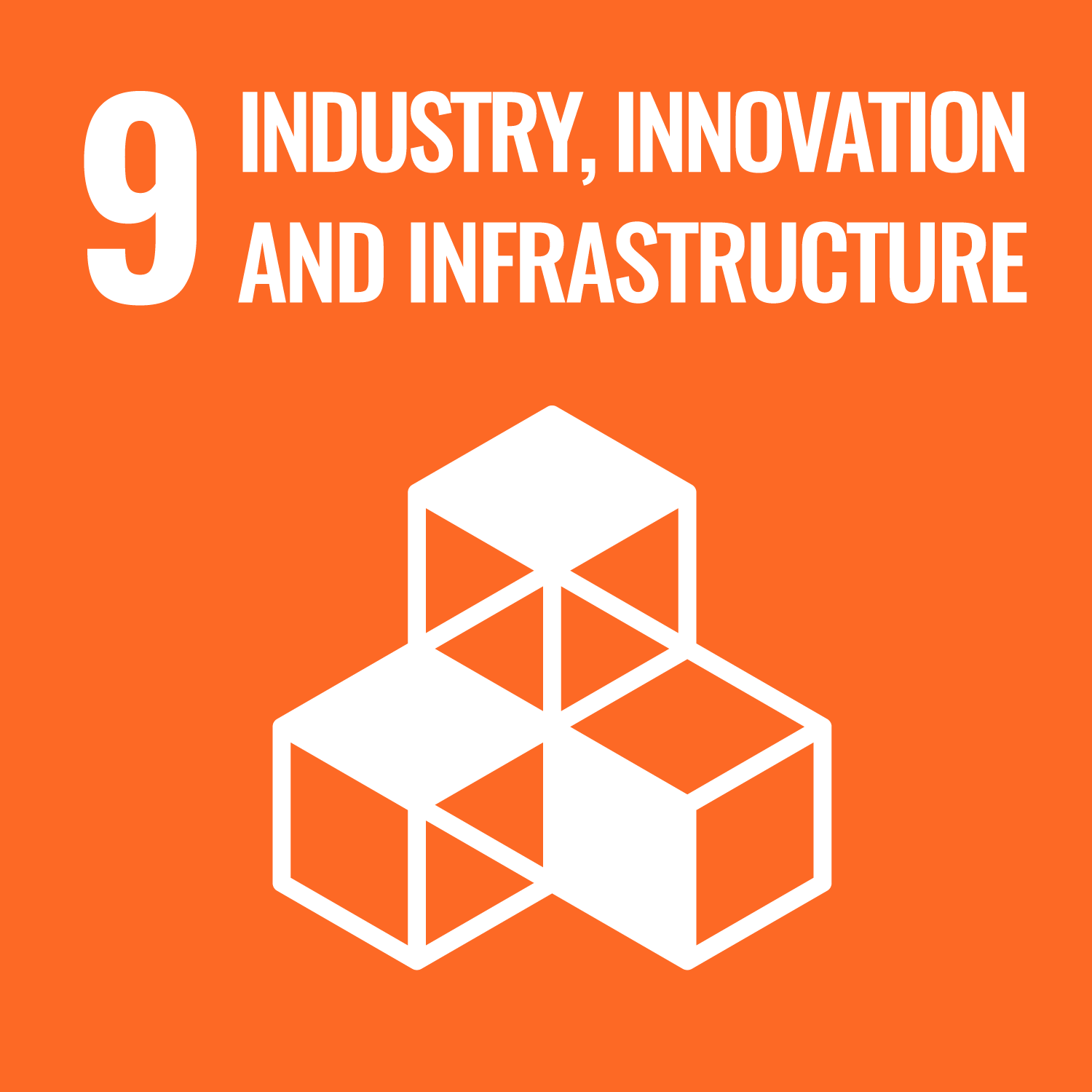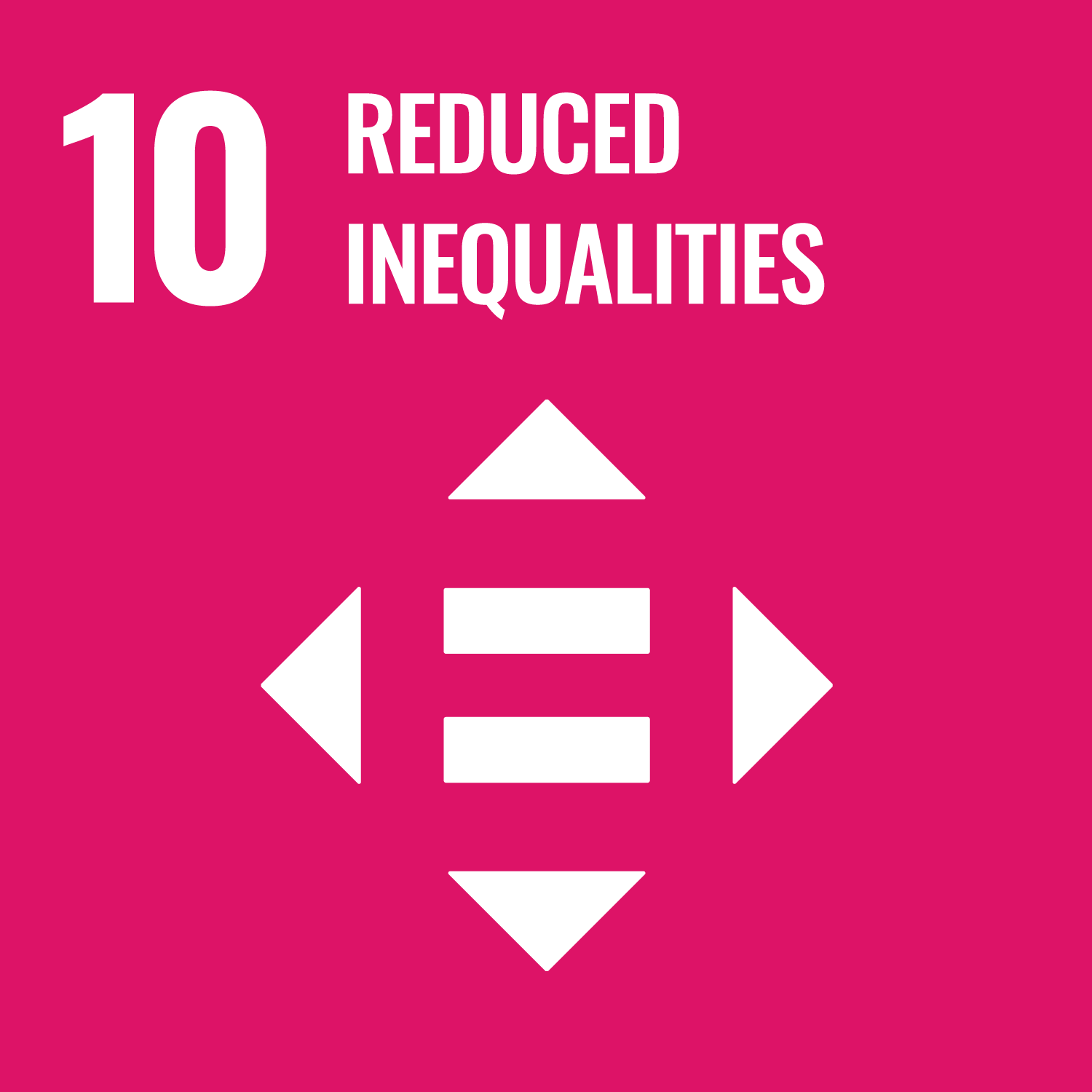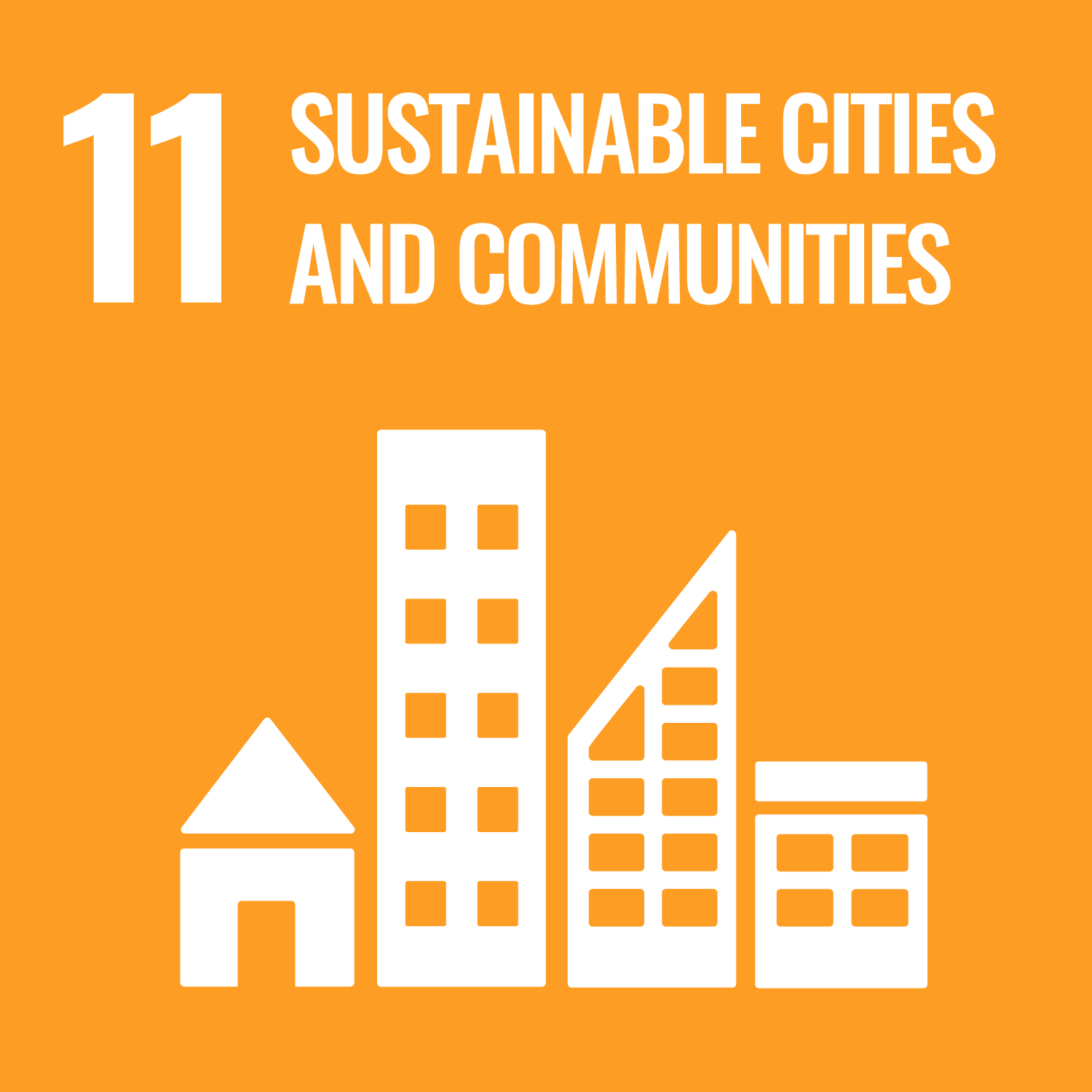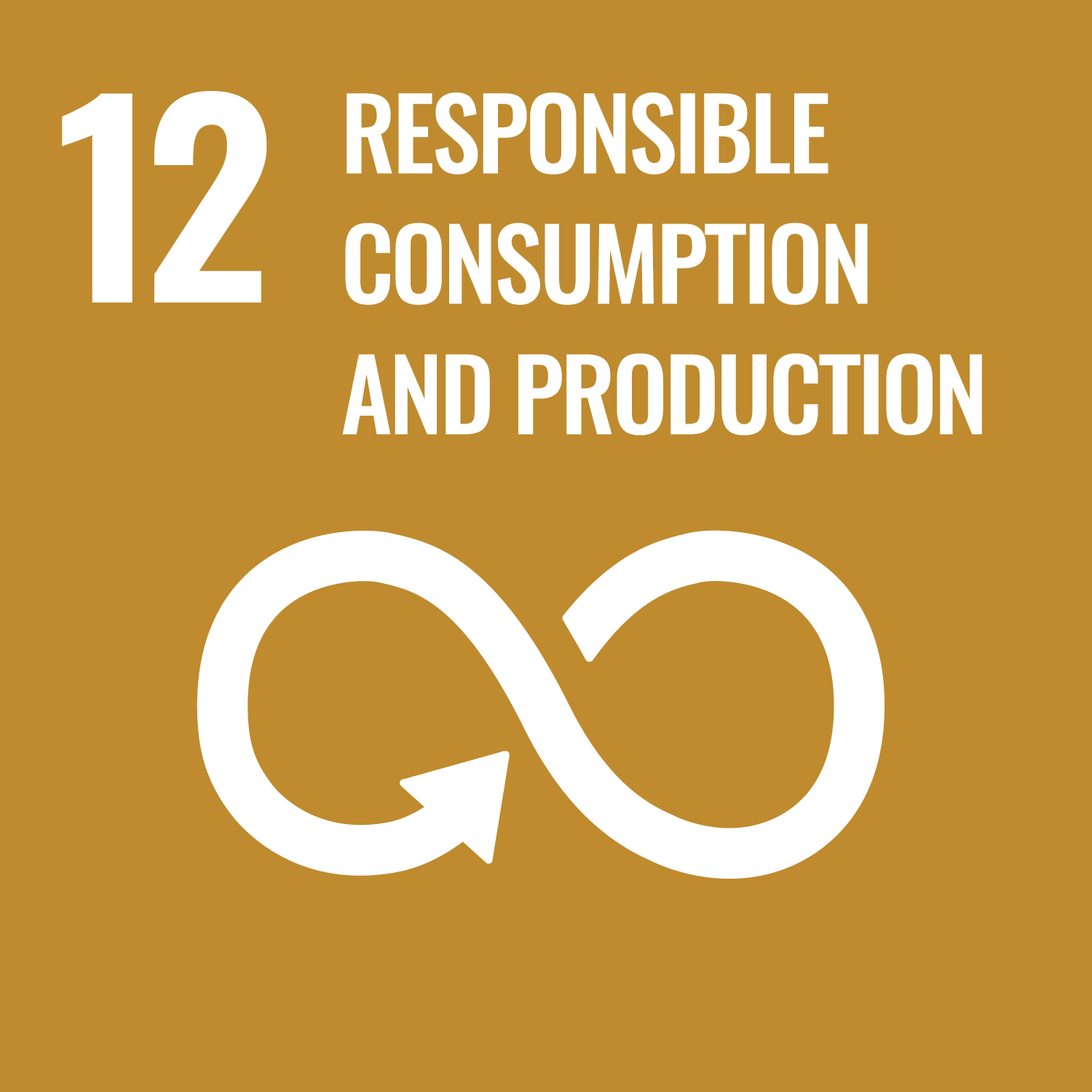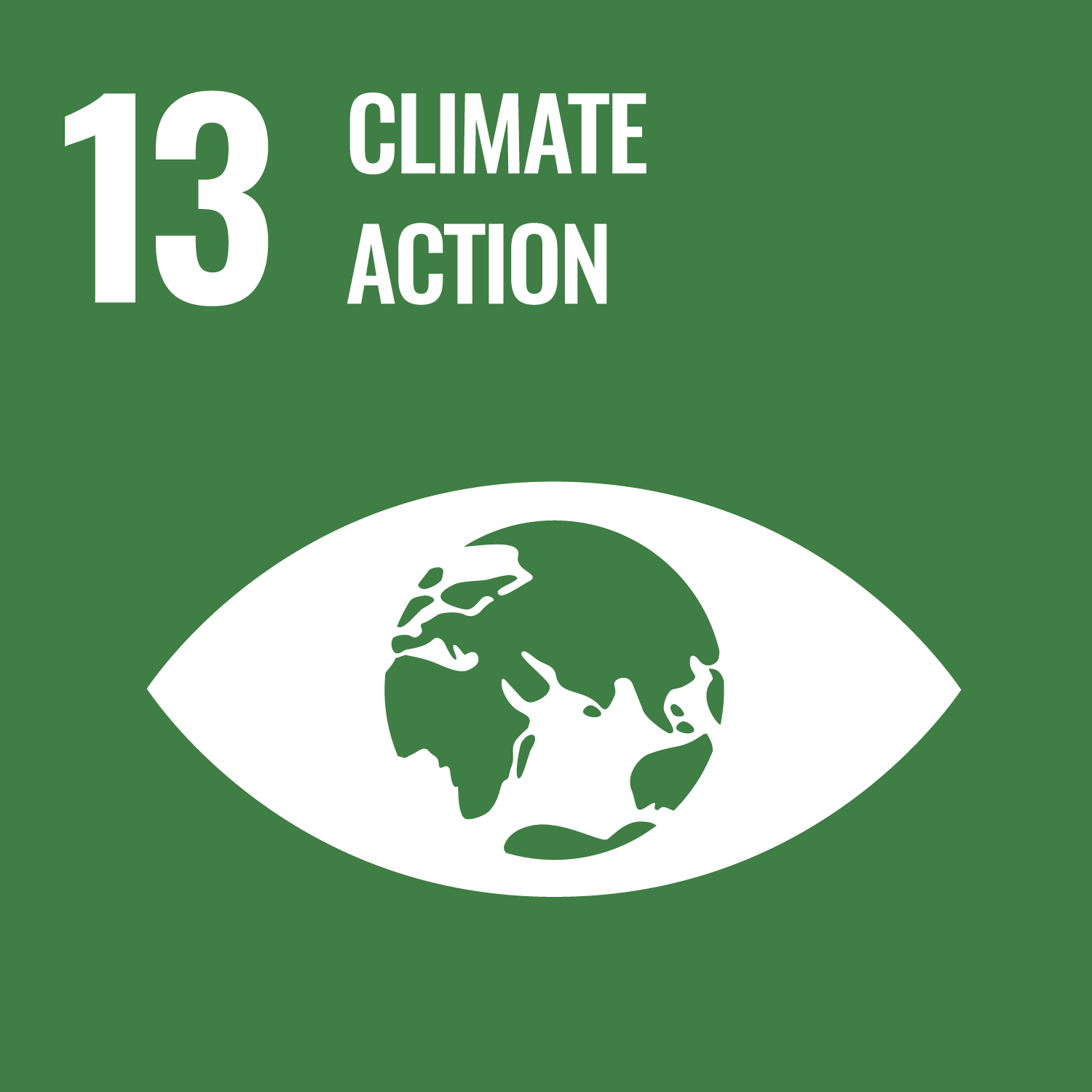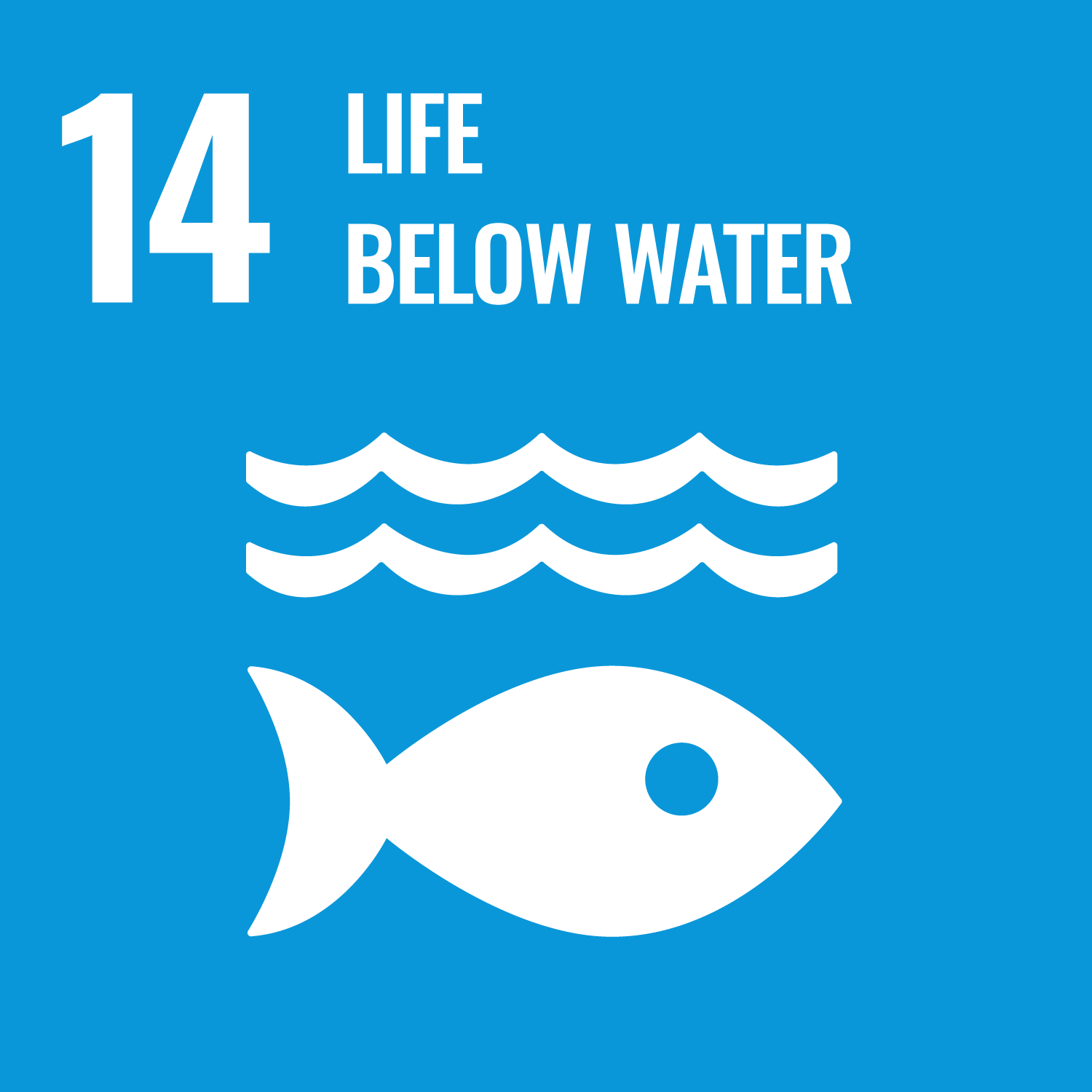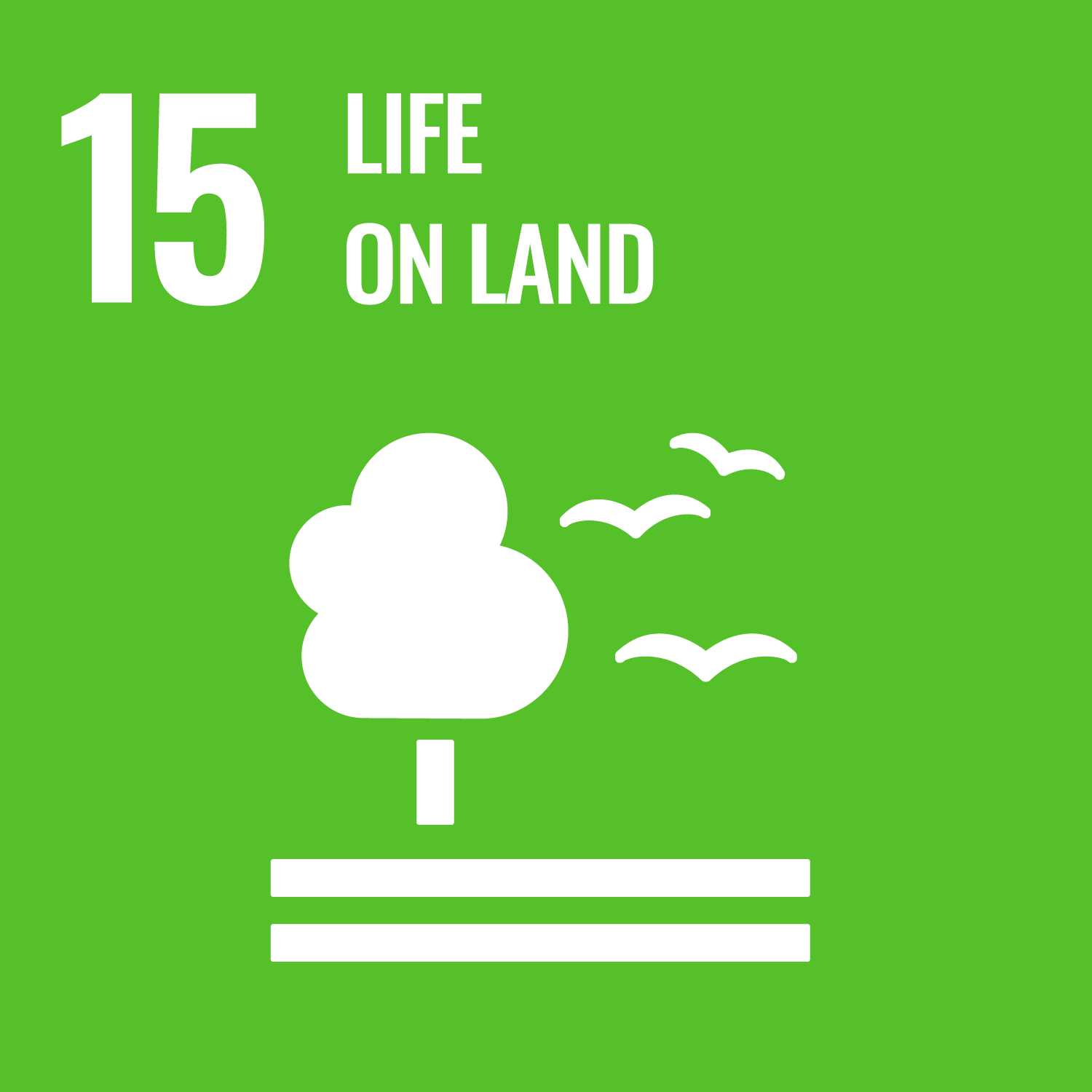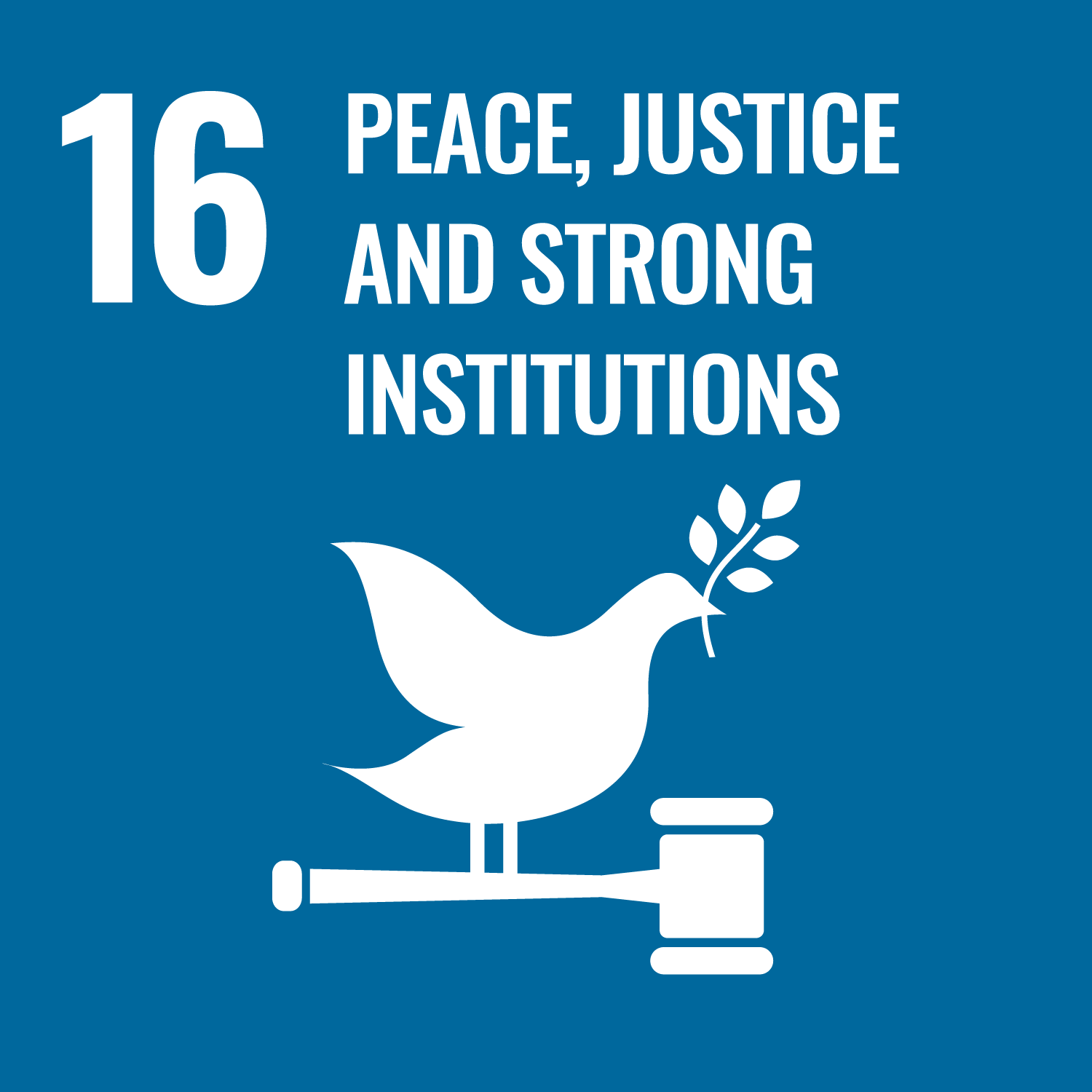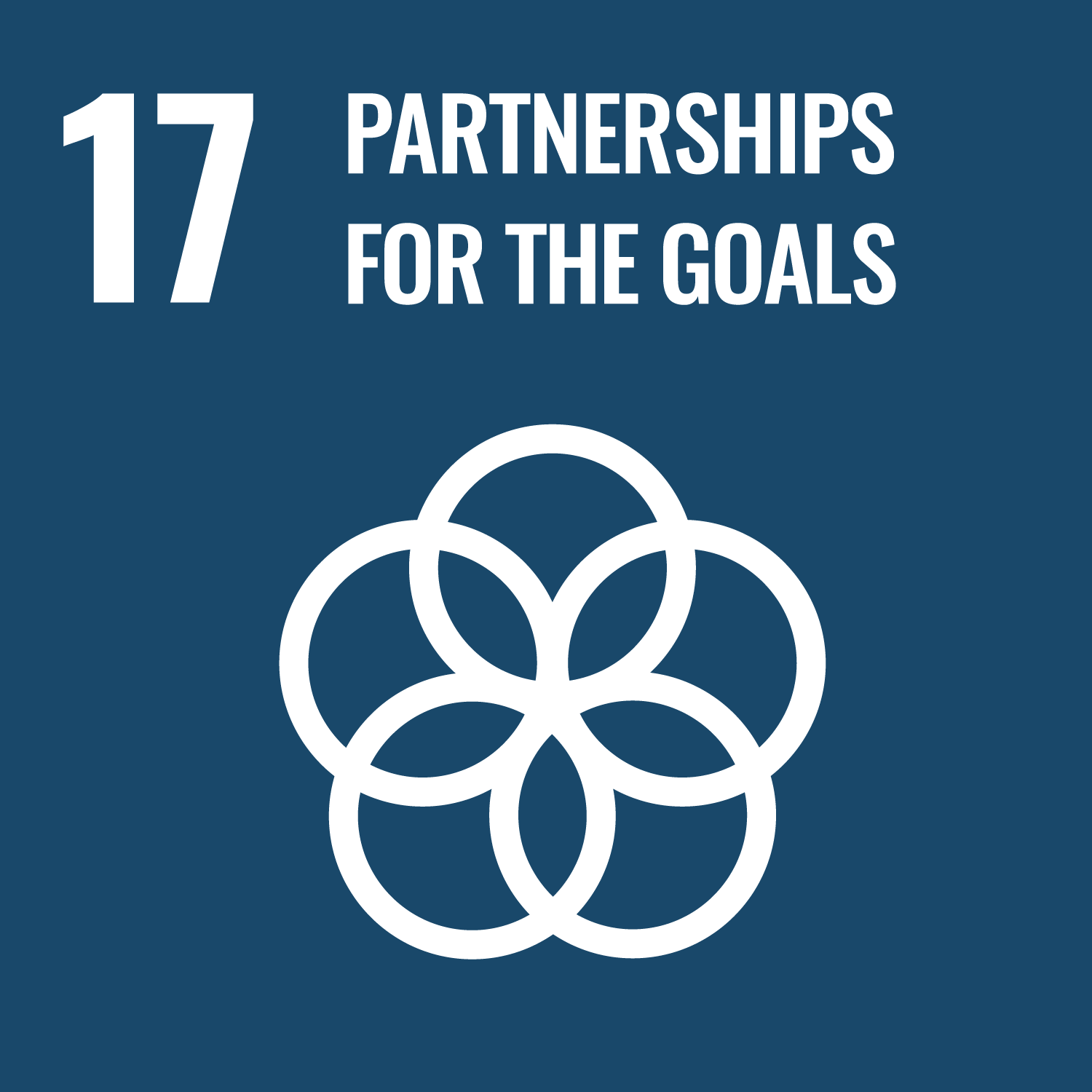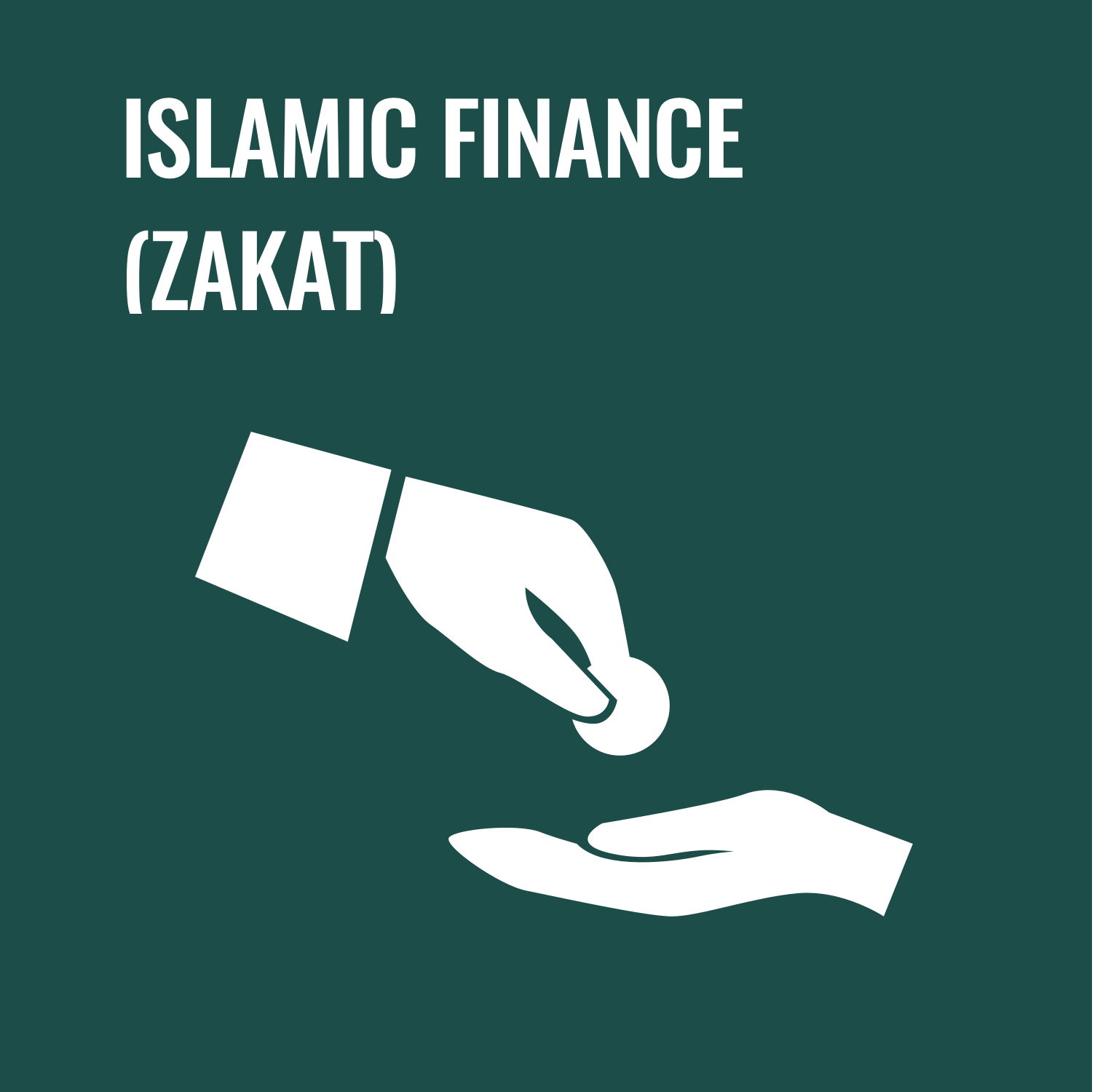This organization has not been verified by our team. We are working around the clock to get everyone approved.
HAZRAS CHARITY FOUNDATION
- CSO Profile
- Campaigns
- Projects
- Events
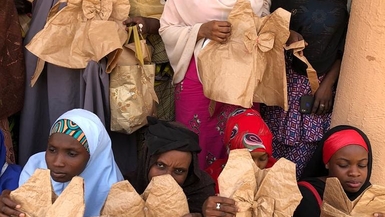
We are INGO registered in Nigeria with Mission to support Less Privilege ones, Community Development, gender equality and economic Empowerment scheme
Overview
Organisation type
Nonprofit organisation
Country of Registration
Annual Budget
0 - 25 000 USD
Scope
International
Field of Activities
Organisation Laguage
English
Arabic
Contact
Contact
Abdullateef Abdulkadir
Phone
+2348035837812
- Healthcare Support Project
- Women skills acquisition Program
- Emergency Relief Materials
- Capacity building
- Out-of-school Children Project
- HCF Land Allocation
- Feeding of Less privileged people
- Almajiri Live Evaluation
- Awards
- Partners Report
- HCF at AfIGF ECA-UN Events
- HCF at UN.Busines Forum
- HCF Profile
- About Us
- HCF Workshops
- Shelter Pack Project
- Scholarship Student Testimony
- HCF a Delivery Partner Page
Certainly! Here's the updated report with 2,000 women and girls and a proper title:
Hazras Charity Foundation (HCF)
Empowering 2,000 Women and Girls through Tailoring Skills Acquisition
Final Project Report
Venue: KERD Hall, KMC LGA Kano State, Nigeria
Duration: November 2023 – September 2024
1. Introduction
In pursuit of Hazras Charity Foundation’s mission to empower women and girls and promote economic self-reliance, the foundation implemented a large-scale Tailoring Skills Acquisition Program at KERD Hall, Kano State. Running from November 2023 to September 2024, the initiative directly benefited 2,000 women and girls, equipping them with essential tailoring and entrepreneurial skills to help them secure livelihoods and contribute meaningfully to society.
2. Objectives of the Training
- To provide 2,000 underserved women and girls with comprehensive tailoring skills.
- To reduce poverty and unemployment through vocational training.
- To promote gender inclusion and sustainable income generation.
- To enable participants to start their tailoring businesses and support their families.
3. Beneficiaries
A total of 2,000 women and girls from across various local government areas in Kano State participated. Selection prioritized vulnerable groups such as widows, orphans, school dropouts, single mothers, and internally displaced persons (IDPs).
4. Training Structure
The training program was segmented into three major phases:
- Phase I: Basic Tailoring Skills (Nov 2023 – Feb 2024)
- Introduction to tools, safety, hand stitching, and basic machine operation.
- Phase II: Intermediate Fashion Design (Mar 2024 – Jun 2024)
- Garment making, pattern drafting, and use of modern tailoring equipment.
- Phase III: Advanced Tailoring & Business Skills (Jul 2024 – Sep 2024)
- Business management, pricing, financial literacy, branding, and customer care.
Weekly workshops and group mentoring sessions were included to support learning outcomes and skill retention.
5. Resources and Personnel
The program was facilitated by 25 experienced tailoring instructors and supported by administrative staff and volunteers. All necessary materials—sewing machines, fabrics, threads, cutting tables, mannequins, and safety kits—were provided by Hazras Charity Foundation.
6. Key Achievements
- 2,000 women and girls successfully trained in tailoring and business development.
- Over 70% of participants began generating income within one month of graduation.
- Formation of 30 women-led tailoring cooperatives across Kano State.
- Strengthened household income and reduced dependence on aid.
- Increased self-confidence, financial literacy, and peer mentoring.
7. Challenges and Mitigation
- Power Supply Interruptions: Resolved using solar-powered backup systems.
- High Material Demand: Addressed through phased procurement and donations.
- Logistical Issues: Provided transportation stipends for participants in remote areas.
8. Recommendations
- Provision of startup toolkits for all graduates to promote business sustainability.
- Expansion of the initiative to cover more LGAs in Northern Nigeria.
- Establishment of a permanent tailoring and fashion design training center.
- Collaboration with local markets and NGOs to promote product visibility and sales.
9. Conclusion
This project has brought about significant transformation in the lives of 2,000 women and girls, enabling them to become self-reliant and economically productive. The program reflects Hazras Charity Foundation’s ongoing commitment to empowering the vulnerable and fostering inclusive development.
Let me know if you'd like it as a Word or PDF document, or if you want to add photos, quotes from participants, or a budget summary.
